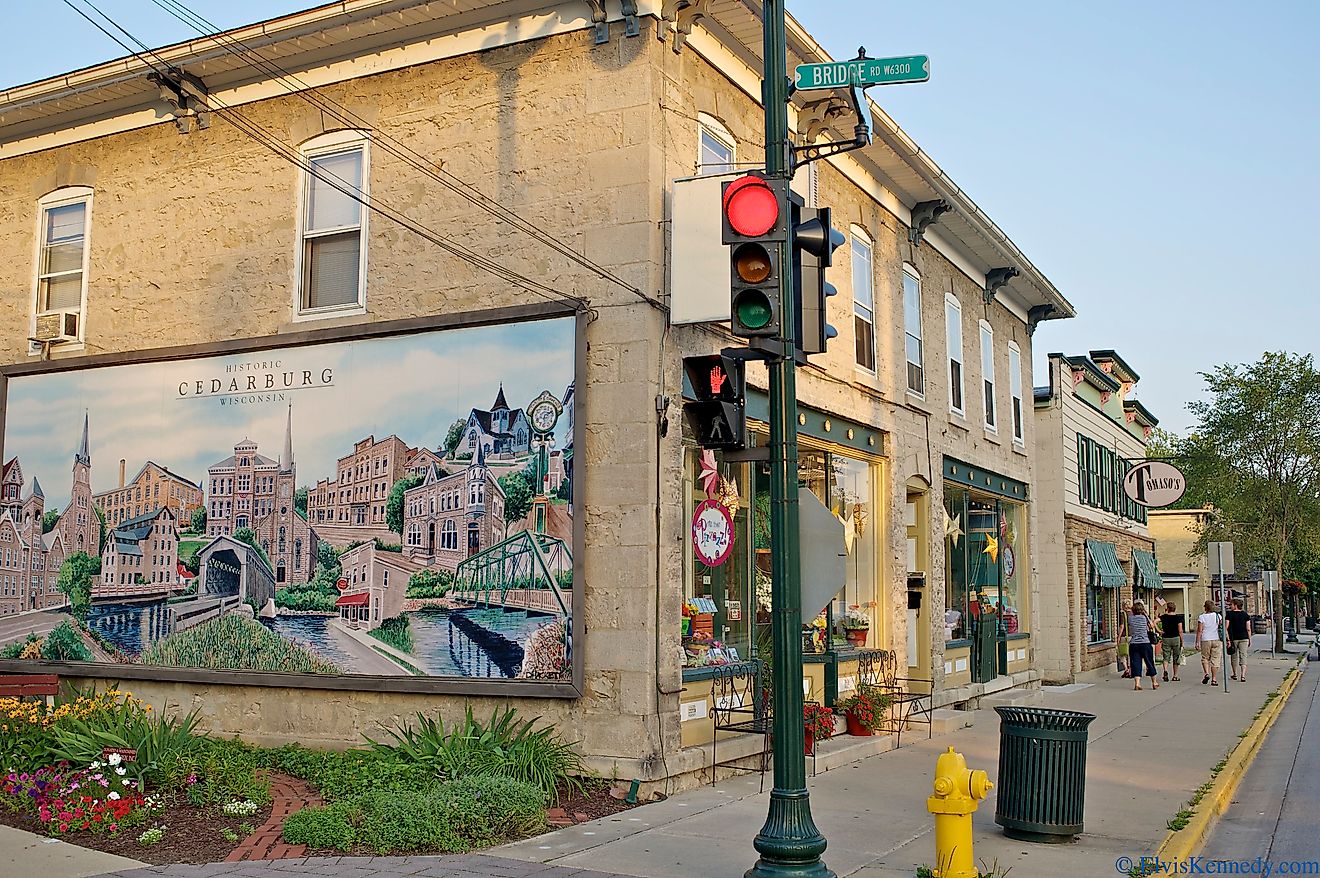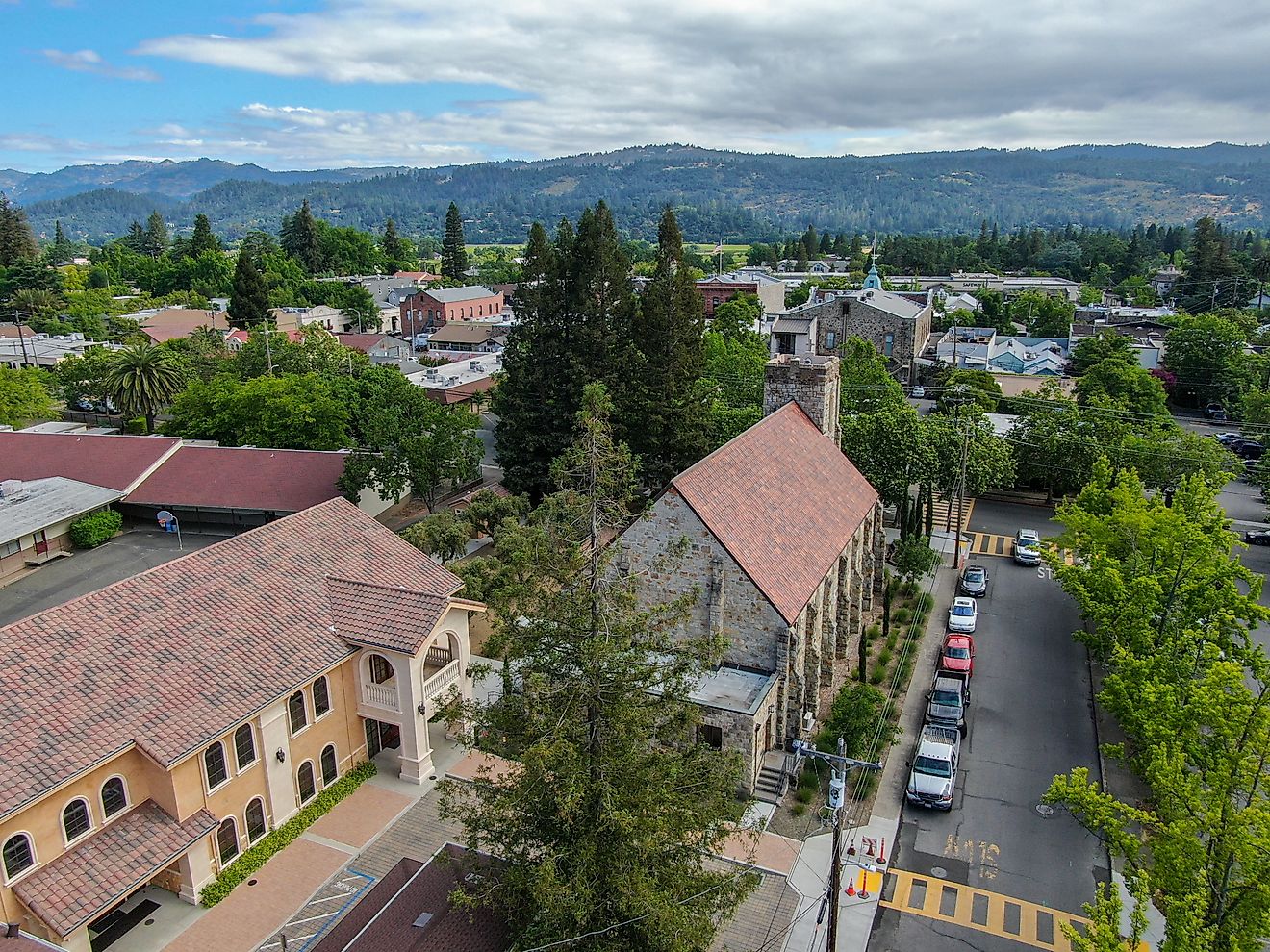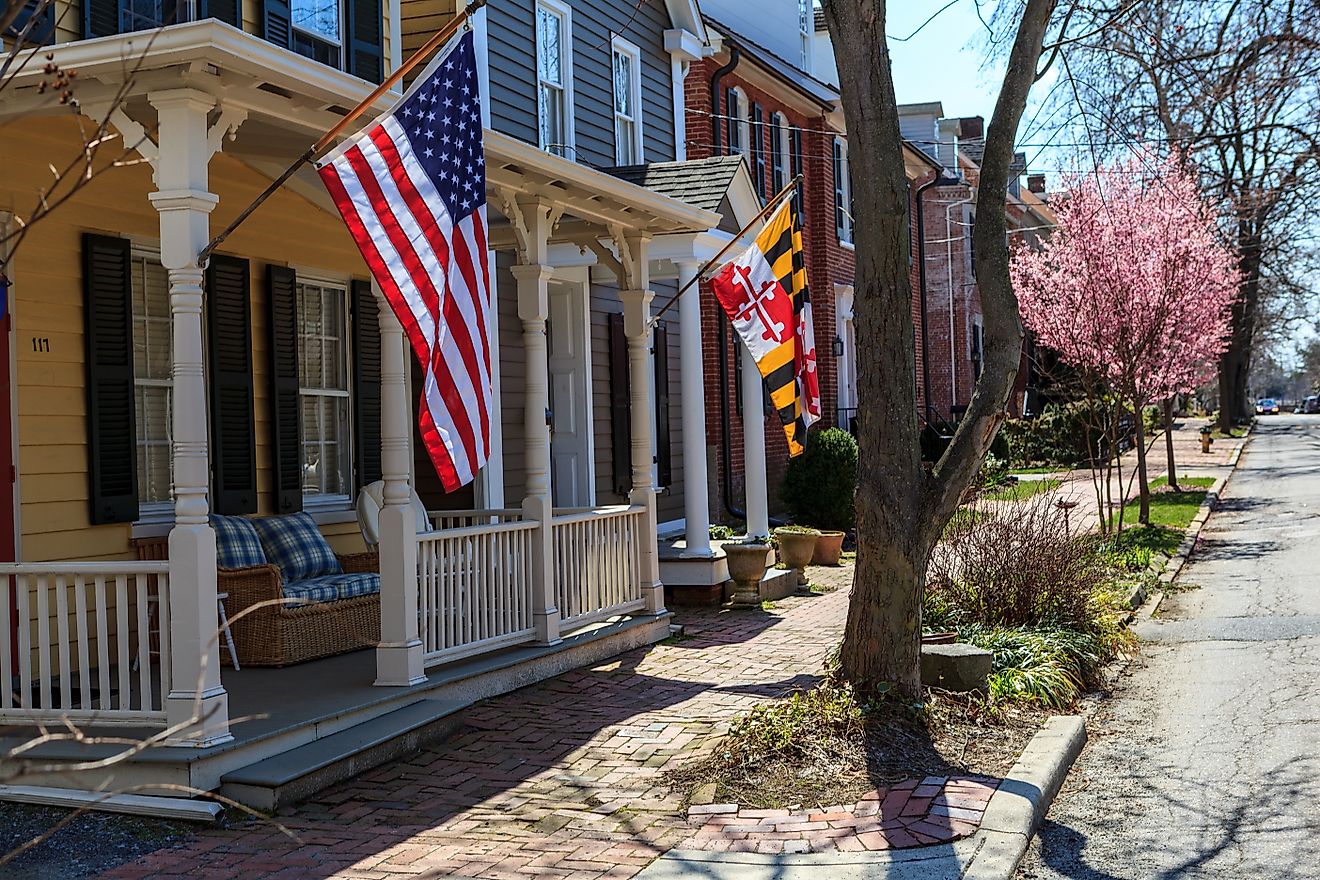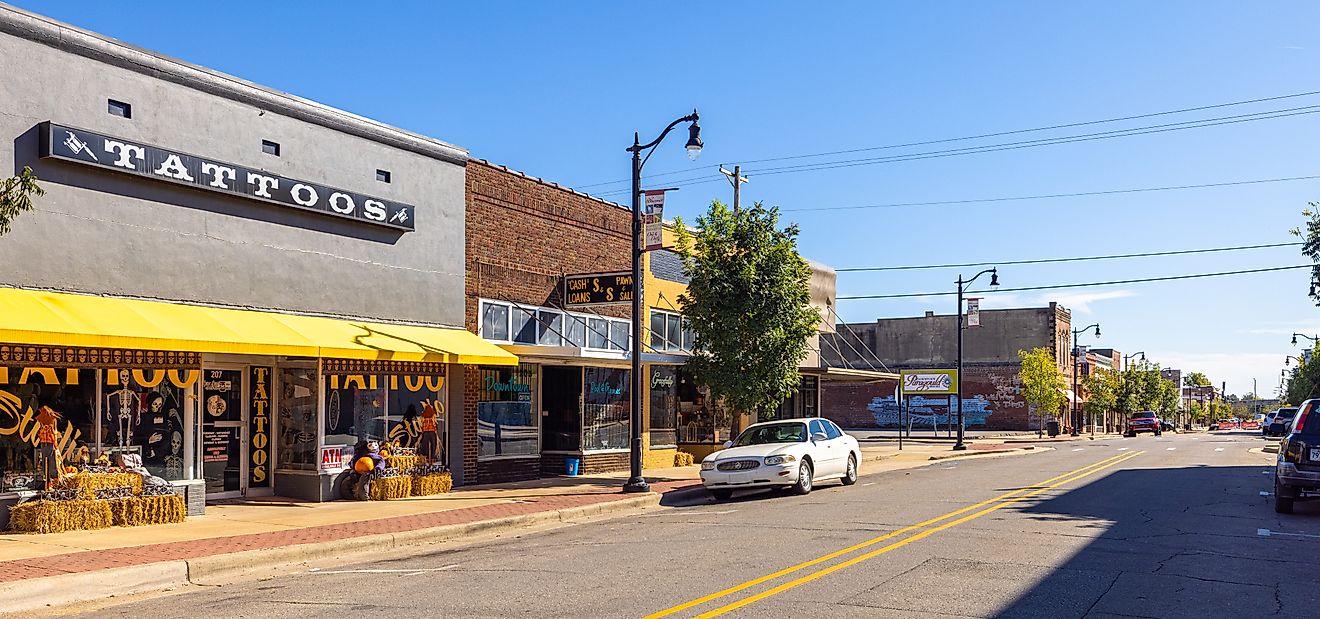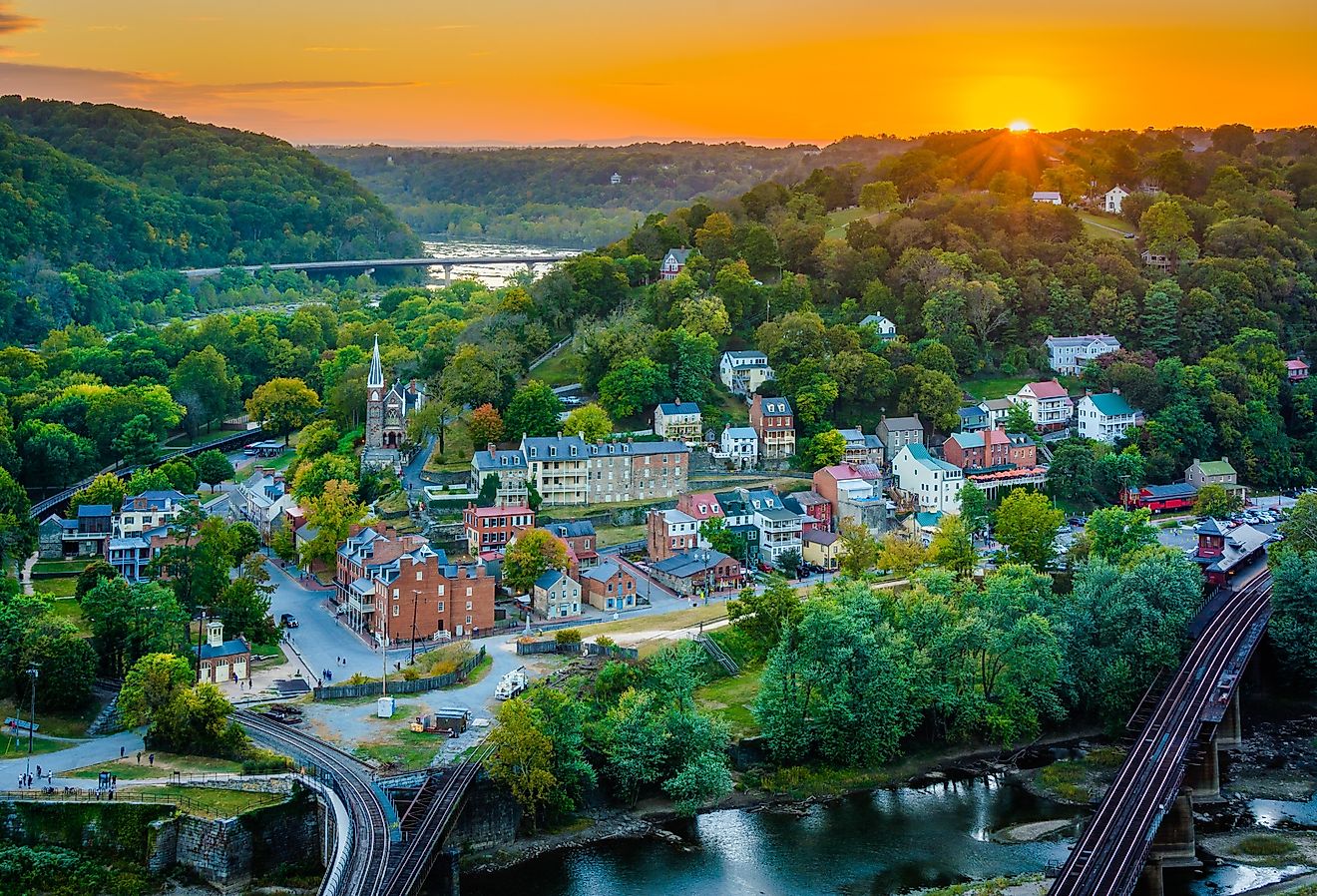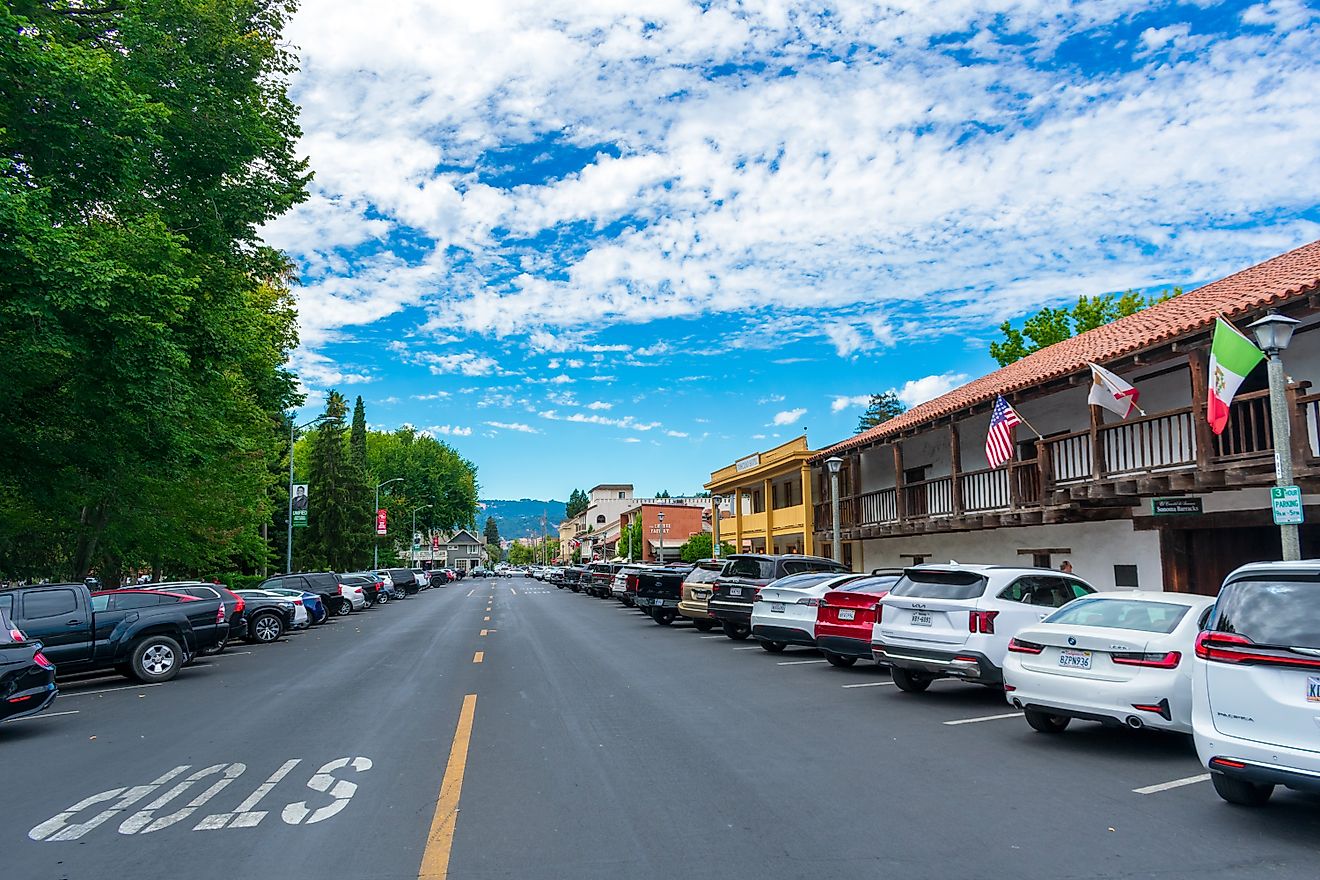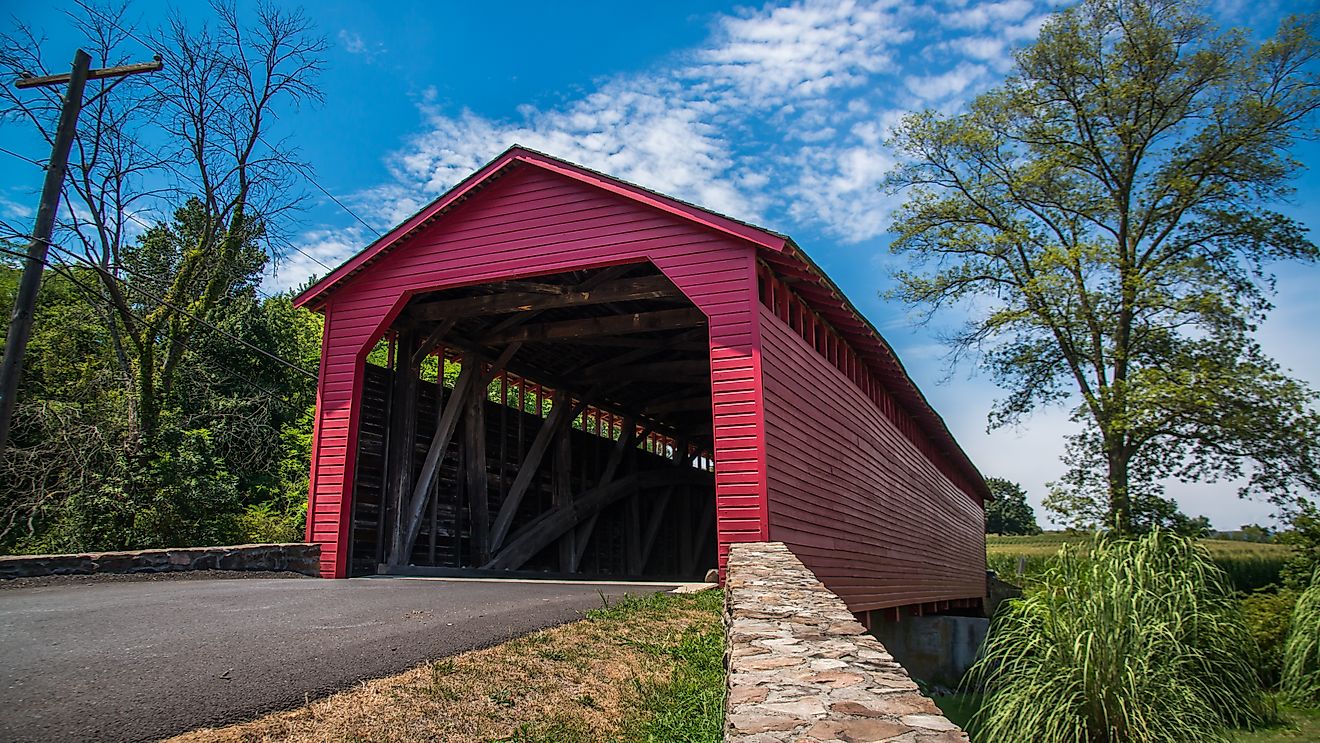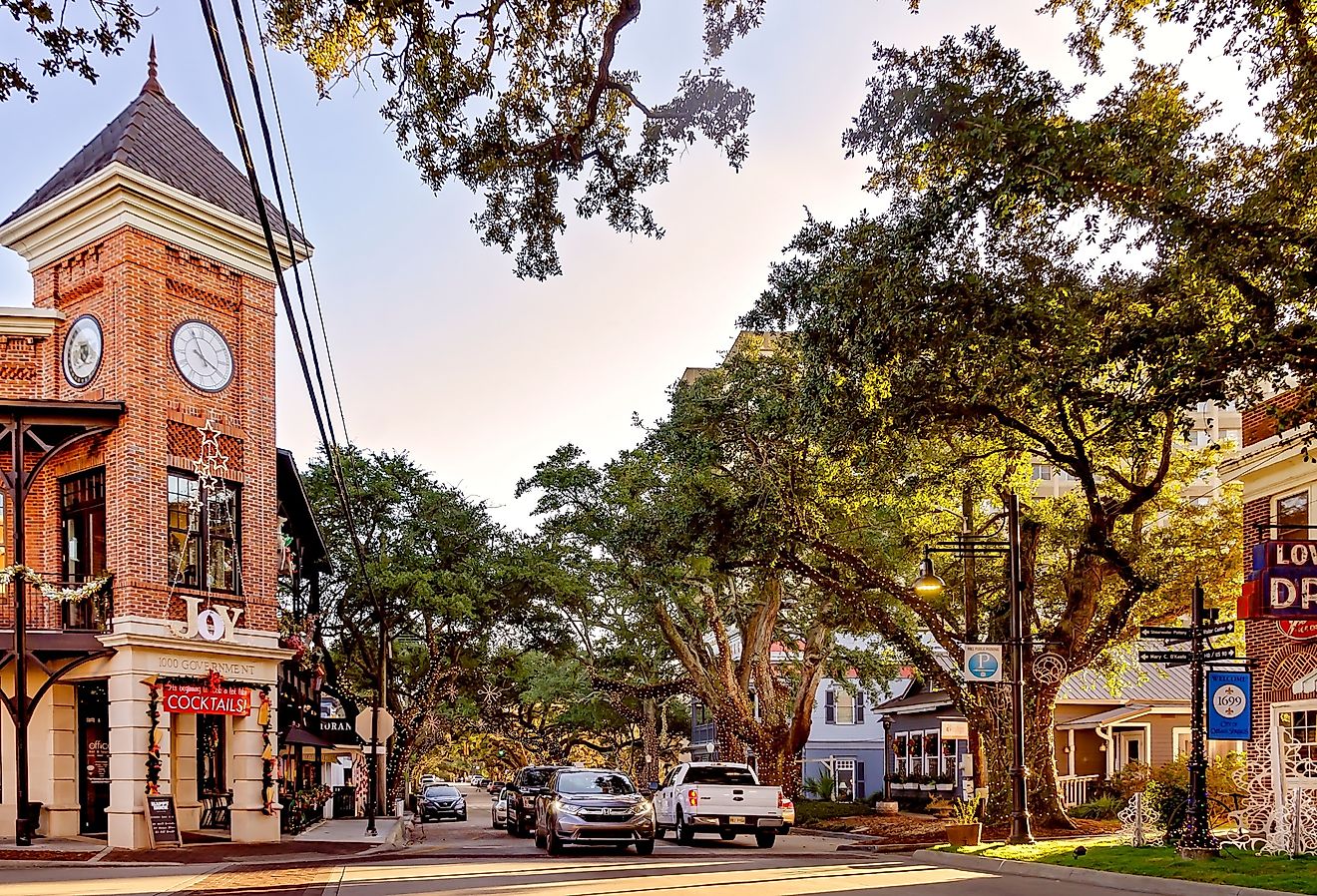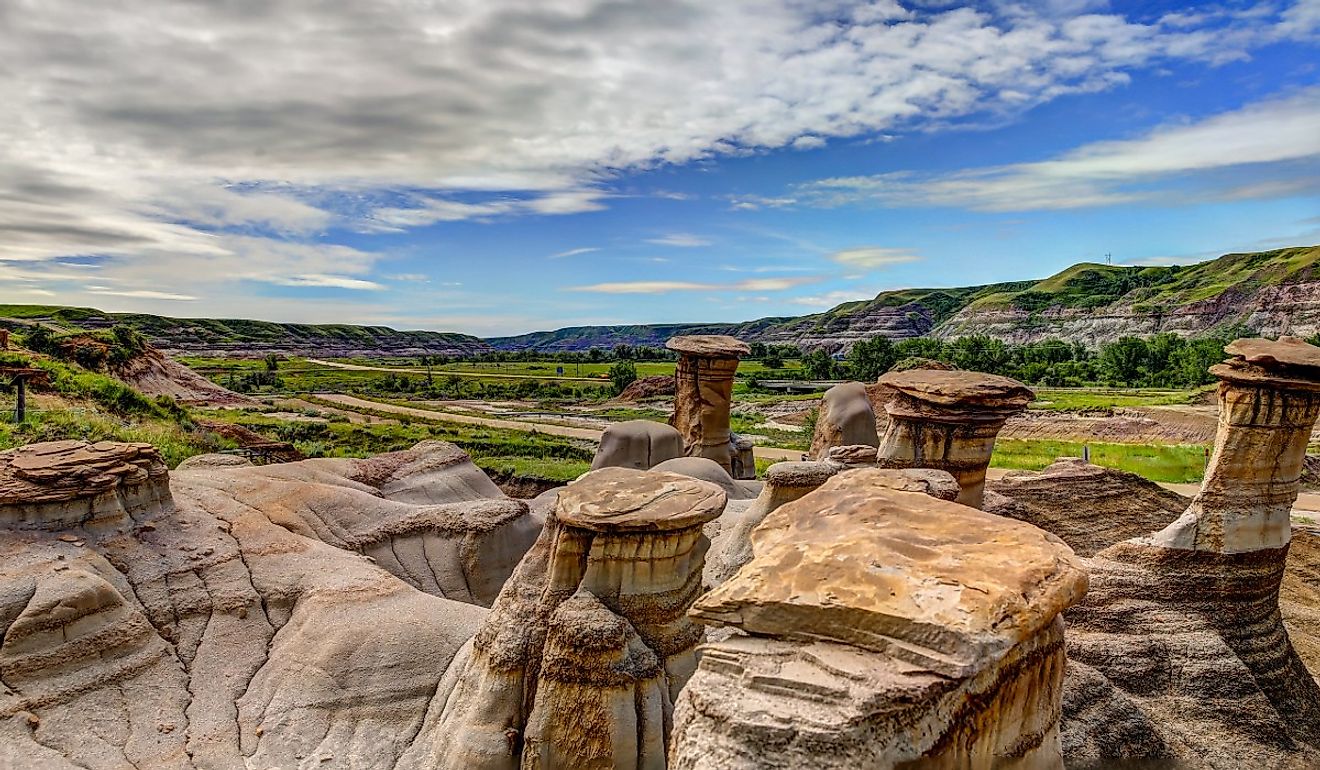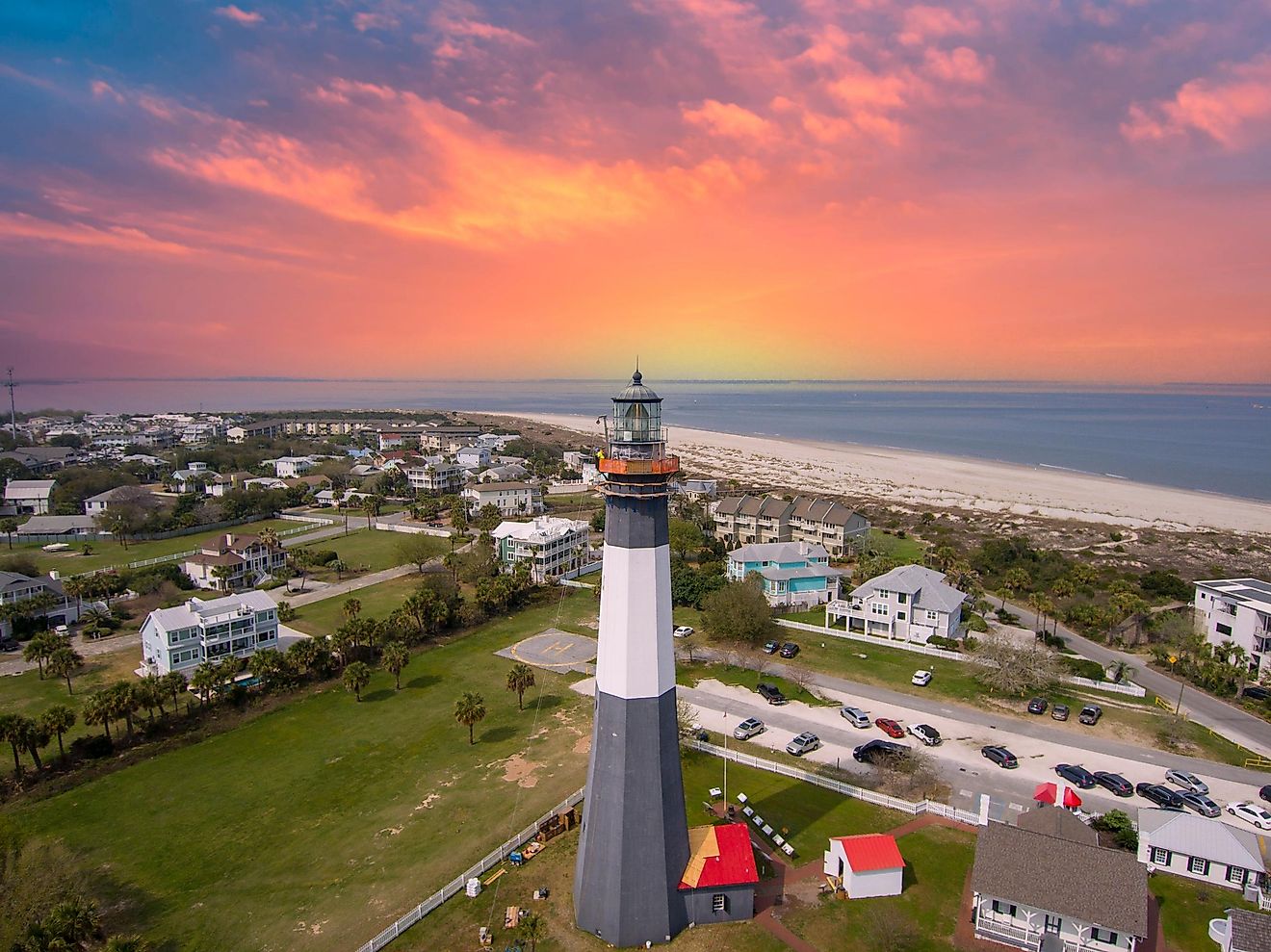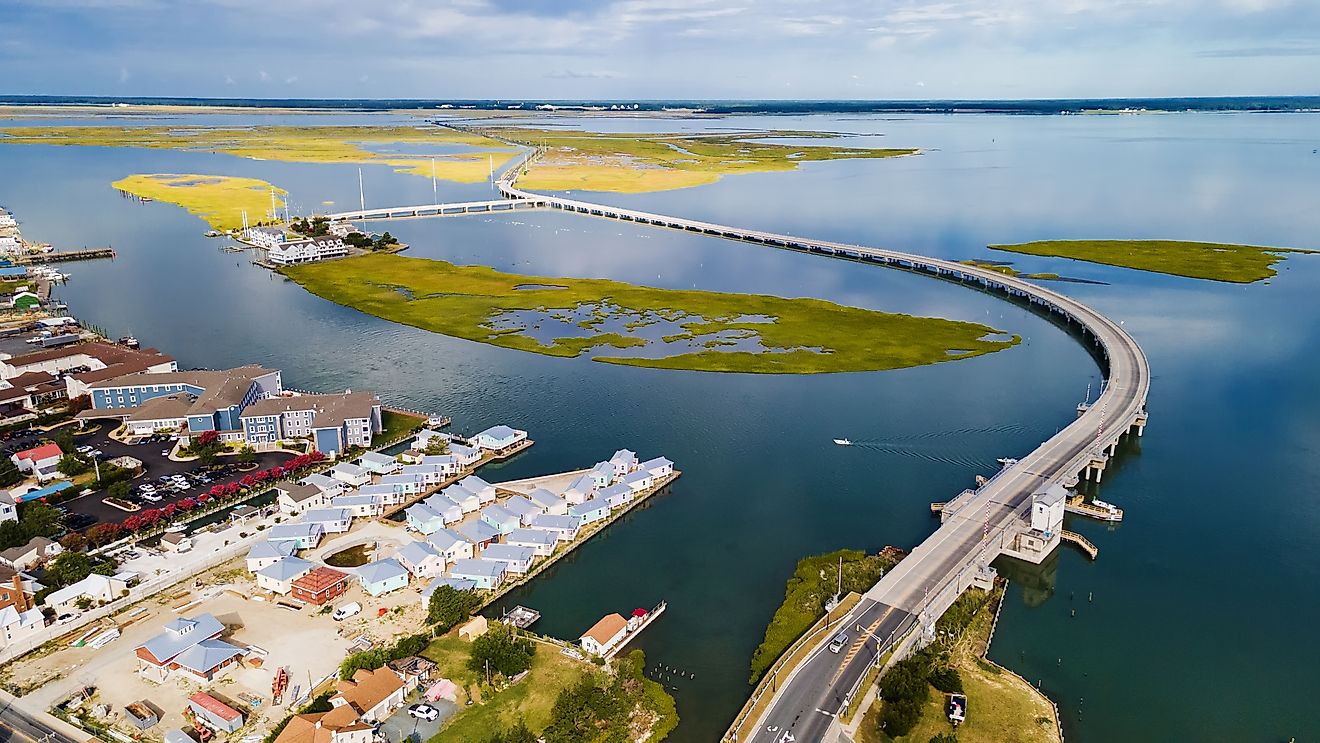
Tallulah Falls, Georgia
Tallulah Falls is a tiny town located in the US state of Georgia. It is situated among several natural attractions, most notably the Tallulah Gorge and the Tallulah Falls for which it is named. The town and its vicinity have been popular with tourists since the mid-19th century. The town itself was born in the late 19th century when a railroad network made getting there easier and cheaper. In the early 20th century, Tallulah Falls began emerging as a hydroelectricity powerhouse when several dams were built in the area. In the 1990s, the Tallulah Gorge State Park was created, attracting even more tourists to the region.
Geography Of Tallulah Falls

Tallulah Falls is located in Georgia's northeast corner, close to Georgia's border with South Carolina. It is about one and half hours northeast of Atlanta, Georgia's state capital, and two hours southwest of Asheville, North Carolina. The center of the village is located adjacent to Tallulah Falls Lake, which was created by the damming of the Tallulah River. The Tallulah Falls Dam itself is also situated adjacent to the center of the village. The city limits of Tallulah Falls include the famous Tallulah Gorge, which is a one thousand foot chasm that was carved over millions of years. Also included within the city limits is the Tallulah Falls, for which the village is named. These are a series of six waterfalls that cascade through Tallulah Gorge. In addition, the Tallulah Gorge State Park is located within the village's northern city limits. The total area of Tallulah Falls is 22.1 sq. km.
Population Of Tallulah Falls
Tallulah Falls has a population of just 169 residents. About 73% of these residents are white, while approximately 14% are Asian, 10.66% African American, and 2.46% from other racial backgrounds. Over three-quarters of Tallulah Falls' residents speak only English, 13.9% speak Asian languages, and 6.6% speak Spanish. Approximately 88.5% of residents in Tallulah Falls were born in the United States, while 45.9% were born in the town itself. The entire foreign-born population of Tallulah Falls was born in Asia.
Economy Of Tallulah Falls

The average household income in Tallulah Falls is $63,608. None of the village's residents are registered as living in poverty. According to US government statistics, the economy of Tallulah Falls employs only 39 people, 9 of whom work in educational services, 8 in public administration, 5 in accommodation & food services, and the rest in other sectors.
History Of Tallulah Falls
Before the arrival of Europeans, the mountainous area of what is now northeastern Georgia, including present-day Tallulah Falls, was inhabited by several Native American peoples, the most notable of which were the Cherokee. The Cherokee, however, generally avoided the Ugunyi, which was their name for the Tallulah Gorge. The Europeans, who arrived in the early 19th century, were awe-inspired by the beauty of the falls and the gorge. They shared their experiences in newspapers and travel books. Word of the majestic beauty of the Tallulah Falls area quickly spread, drawing more people of European descent to the region. By the mid-19th century, Tallulah Falls was a popular tourist attraction.
In 1882, the railroad's arrival significantly shortened the travel time between Tallulah Falls and Atlanta, which meant that more Georgians could afford to make the journey between the two locales. As a result, several hotels and boarding houses were built in Tallulah Falls to accommodate the growing number of visitors. The town of Tallulah Falls was incorporated in 1885. In addition to multiple lodgings, the new town consisted of three churches, a railroad depot, a post office, a telegraph office, a bar, and a newspaper for a brief time in 1897, all of which was largely supported by the tourism industry.
In 1909, Tallulah Falls would change forever, as the Georgia Power Company purchased land in the town and began to build a dam on the falls. The dam, which was completed in 1913, was 116 feet tall and 400 feet long. It created a lake with a surface area of 63 acres, which is now known as Tallulah Falls Lake. This dam was actually the first in a series of dams built on the Tallulah and Tugaloo Rivers, which provided hydroelectricity for Atlanta and the rest of northern Georgia.
In 1921, a fire destroyed most of Tallulah Falls, ending its era as a tourist destination. The tourist industry in the area was rekindled again, however, when the government of Georgia, in partnership with Georgia Power, created Tallulah Gorge State Park in 1992. In 1999, a trail around the gorge was named after Helen Dortch Longstreet. She had led a group of conservationists in opposition to the dam's construction between 1909 and 1913.
Attractions In Tallulah Falls

Tallulah Falls is perfect for anyone looking for an outdoor adventure. Visitors who want to get a good look at the gorge and falls, for example, would be advised to try hiking or biking on the North and South Rim Trails. These are two trails in Tallulah Falls State Park that follow the gorge's rim. They also offer spectacular overlooking views into the gorge and views of the falls. Other trails each offer different views of the falls and the gorge. One includes a bridge that is suspended above one of the falls, known as Hurricane Falls. There is also a trail that follows the Old Tallulah Falls Railroad bed. Rock climbing in the gorge is possible for more daring visitors, though a permit must be obtained, and no rock climbing is allowed during Peregrine Falcon nesting season.
Many visitors to Tallulah Falls enjoy camping in the area. The Tallulah Gorge State Park contains a fifty-site campground. Backcountry camping is also available. The Tallulah Falls area is also a great place for people who enjoy water-based activities. Visitors to the area can enjoy swimming in the gorge at a place called Sliding Rock. Swimming is also available in the state park and on a public beach at Georgia Power's Tallulah Lake. Other popular water-based activities in the Tallulah Falls area include fishing, boating, and white water kayaking.
